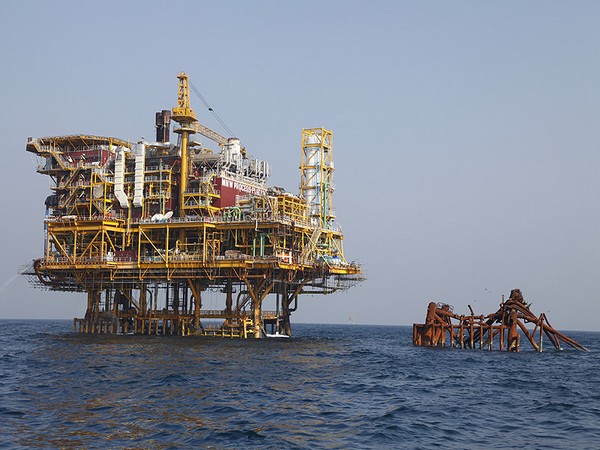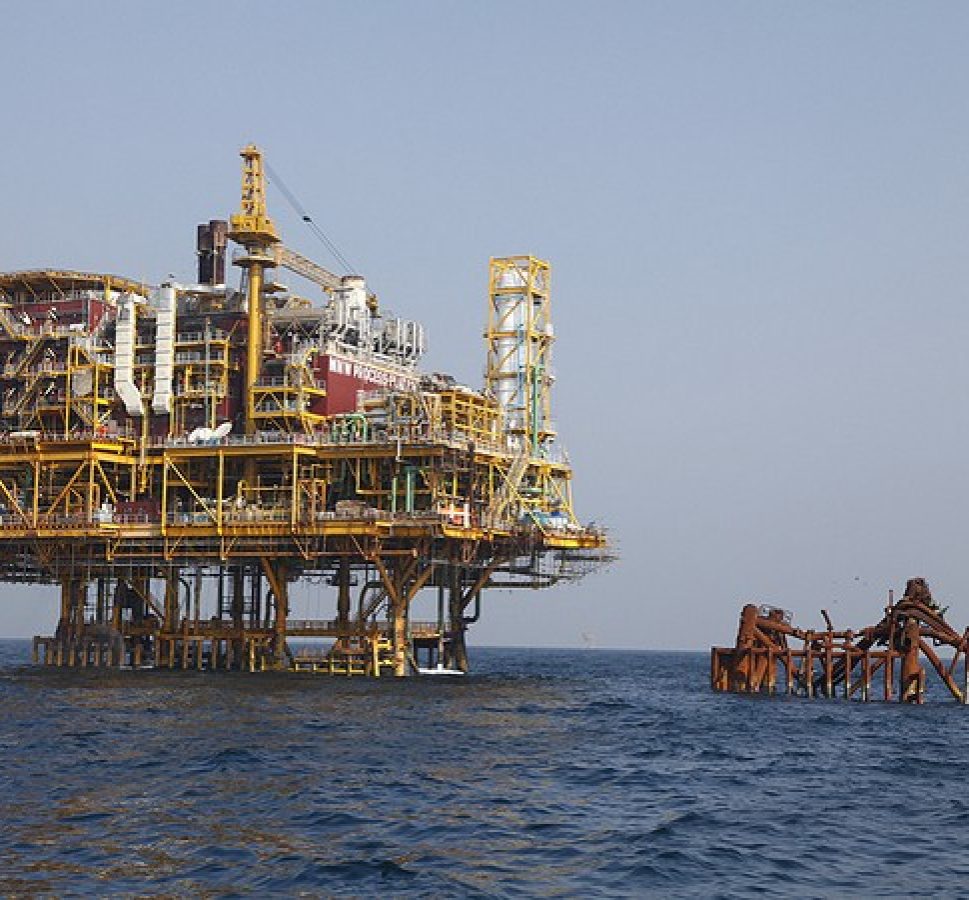
Global oil prices experienced a significant spike as concerns over the escalating conflict between Israel and Gaza raised fears of potential disruptions in the Middle East, a region responsible for nearly one-third of the world’s oil supply. Brent crude, the international benchmark, surged over $3 to reach $87.68 a barrel, while U.S. oil prices also witnessed an uptick.
While neither Israel nor the Palestinian territories are major oil producers, the conflict’s proximity to key oil-producing nations like Iran and Saudi Arabia has triggered market anxieties. The recent intensification of hostilities between Israel and Hamas marked a substantial escalation, drawing condemnation from Western nations. A spokesperson for Hamas claimed direct support from Iran, a significant oil-producing country, although Iran denied involvement at a UN Security Council meeting.
Energy analyst Saul Kavonic explained that crude prices rose due to concerns about a potential wider conflict that could engulf major oil-producing nations like Iran and Saudi Arabia. If Iran, accused of supporting the Hamas attacks, becomes embroiled in the conflict, up to 3% of global oil supply could be at risk, Kavonic warned.
Caroline Bain, chief commodities economist at Capital Economics, noted that despite U.S. sanctions, Iran has been steadily increasing oil production throughout the year. This production surge, combined with geopolitical tensions, is creating a supply-demand imbalance, driving prices higher.
The Strait of Hormuz, a vital oil trading route, adds to concerns. Approximately one-fifth of the world’s oil supply could be “held hostage” if disruptions occur in this strategic passage. The uncertainty surrounding the situation has also prompted investors to seek refuge in safe-haven assets like U.S. Treasury bonds and the dollar.
This surge in oil prices follows a trend of market volatility triggered by geopolitical events. Similar surges were observed following Russia’s invasion of Ukraine in 2022. Oil prices, which had fallen back to around $70 a barrel in May this year, have steadily climbed as producers restricted output to stabilise the market. OPEC+, a coalition of oil-producing countries, including major players like Saudi Arabia, has implemented production cuts to support global oil prices, which account for approximately 40% of the world’s crude oil.






